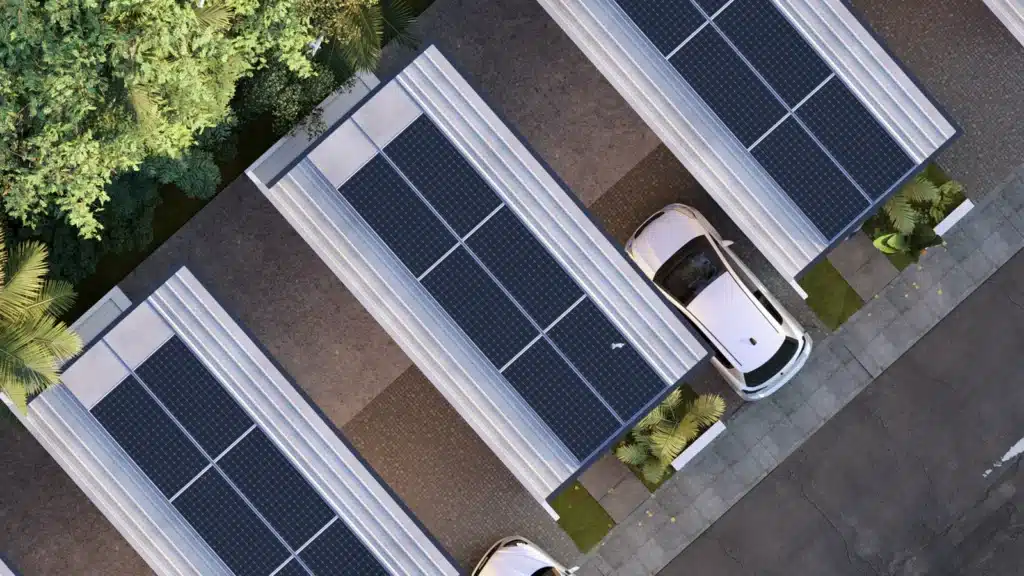Sustainability refers to the ability to meet the needs of the present without compromising the ability of future generations to meet their own needs. In other words, it is about finding a balance between social, economic, and environmental considerations to ensure long-term well-being for all. Politics plays a crucial role in sustainability, as governments and policy-makers have the power to shape the way we live, work, and consume. They can create regulations and incentives that promote sustainable practices. As such, political decisions and actions significantly impact our ability to achieve sustainability.
Role of Political Leadership in Environmental Policies
Political leadership plays a vital role in shaping environmental policies that can positively impact the planet. The decisions made by elected officials have the power to reduce pollution, protect wildlife, and combat climate change. In recent years, the urgency of the environmental crisis has become more apparent, and political leaders are under increasing pressure to take action.
One example of political leadership in environmental policies is the Paris Agreement. In 2015, world leaders came together to create a global agreement to combat climate change. The Paris Agreement aimed to limit global warming to well below 2 degrees Celsius above pre-industrial levels and to pursue efforts to limit the temperature increase to 1.5 degrees Celsius. This agreement was a significant step forward in international cooperation and showed the power of political leadership in creating change.
In the United States, President Joe Biden has made the environment a top priority of his administration. He has taken a series of executive actions aimed at reducing greenhouse gas emissions, protecting biodiversity, and promoting clean energy. One of his most significant actions was rejoining the Paris Agreement on his first day in office. He has also set a goal of achieving a carbon-free power sector by 2035 and a net-zero economy by 2050. These demonstrate the importance of political leadership in setting goals and driving progress.
In Europe, the European Union (EU) has been a leader in environmental policies for decades. The EU has implemented a range of policies to reduce greenhouse gas emissions, promote renewable energy, and protect natural resources. The EU’s Emissions Trading System (ETS) is the world’s largest carbon market and has been successful in reducing emissions from power plants and industrial facilities. The EU has also set a target of achieving climate neutrality by 2050, showing the power of political leadership in setting ambitious goals.
Political Leaders who are Advocating Sustainability
Here are some of the world’s top sustainability leaders who illustrate examples of sustainable leadership:
Jacinda Ardern, Former Prime Minister of New Zealand: Ardern has made climate change a top priority of her government. She has committed New Zealand to become carbon neutral by 2050, and her government has implemented policies to reduce emissions, protect natural resources, and promote renewable energy. Ardern has also been a vocal advocate for global action on climate change and has urged other leaders to take stronger action.
Angela Merkel, Former Chancellor of Germany: Merkel has been a strong advocate for climate action for many years. Under her leadership, Germany has been a leader in renewable energy, with a target of achieving 65% renewable energy by 2030. Merkel has also been involved in international efforts to combat climate change, including the Paris Agreement.
Justin Trudeau, Prime Minister of Canada: Trudeau has made climate change a key focus of his government. He has committed Canada to achieving net-zero emissions by 2050 and has implemented policies to reduce emissions, promote clean energy, and protect natural resources. Trudeau has also been a vocal advocate for global action on climate change and has attended several international conferences on the issue.
Emmanuel Macron, President of France: Macron has been a vocal advocate for climate action and has taken several steps to promote sustainability. He has committed France to achieve carbon neutrality by 2050 and has implemented policies to reduce emissions, promote renewable energy, and protect biodiversity. Macron was also instrumental in the creation of the Paris Agreement and has been a strong supporter of international efforts to combat climate change.
BillionBricks Advocacy for Sustainability
BillionBricks’ approach to sustainability is multi-faceted and involves not only building net-zero homes but also empowering communities, promoting green technologies, and advocating for policy changes to create a more sustainable future.
BillionBricks makes use of sustainable technologies and design practices through its shelter projects. Our net zero homes are designed to be eco-friendly, using sustainable materials and incorporating features such as rainwater harvesting, and solar power to reduce their environmental impact. We also engage in advocacy efforts to promote policy changes that support sustainability such as the United Nations’ Sustainable Development Goals.
You can email us at hello@billionbricks.org to know more about our projects.
Sources:
-
United Nations Framework Convention on Climate Change. (2015). Paris Agreement. Retrieved from https://unfccc.int/process-and-meetings/the-paris-agreement/the-paris-agreement
-
The White House. (2021). Biden-Harris Administration Launches American Innovation Effort to Create Jobs and Tackle the Climate Crisis. Retrieved from https://www.whitehouse.gov/briefing-room/statements-releases/2021/02/11/biden-harris-administration-launches-american-innovation-effort-to-create-jobs-and-tackle-the-climate-crisis/
-
European Commission. (2021). Climate Strategies and Target. Retrieved from https://climate.ec.europa.eu/eu-action/climate-strategies-targets_en
-
Inside Climate News. (2023). On The Global Stage, Jacinda Ardern Was a Climate Champion, But Victories Were Hard to Come by at Home. Retrieved from https://insideclimatenews.org/news/29012023/jacinda-ardern-new-zealand-climate-change/
-
Clean Energy Wire. (2021). The story of “Climate Chancellor” Angela Merkel. Retrieved from https://www.cleanenergywire.org/factsheets/making-climate-chancellor-angela-merkel#:~:text=On%20a%20European%20level%2C%20Merkel,European%20Council%20push%20in%20June.
-
CTV News. (2022). Canada’s new climate plan includes a tougher schedule to shift vehicle sales to electric models. Retrieved from https://www.ctvnews.ca/politics/canada-s-new-climate-plan-includes-tougher-schedule-to-shift-vehicle-sales-to-electric-models-1.5838844
-
Le Monde. (2022). Macron unveils plan to address climate change ahead of French election. Retrieved from https://www.lemonde.fr/en/politics/article/2022/04/17/macron-unveils-plan-to-address-climate-change-ahead-of-french-election_5980777_5.html





